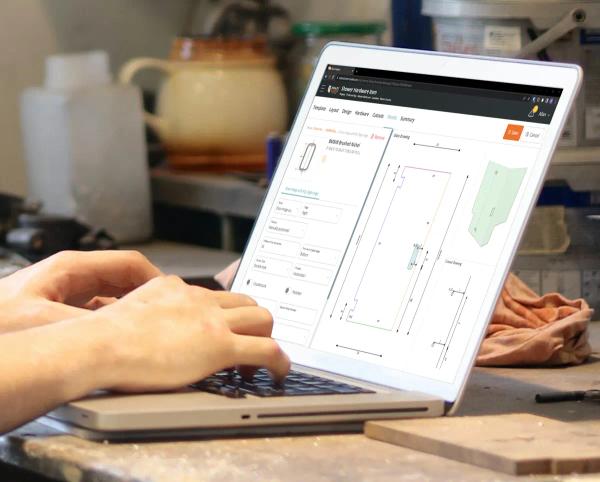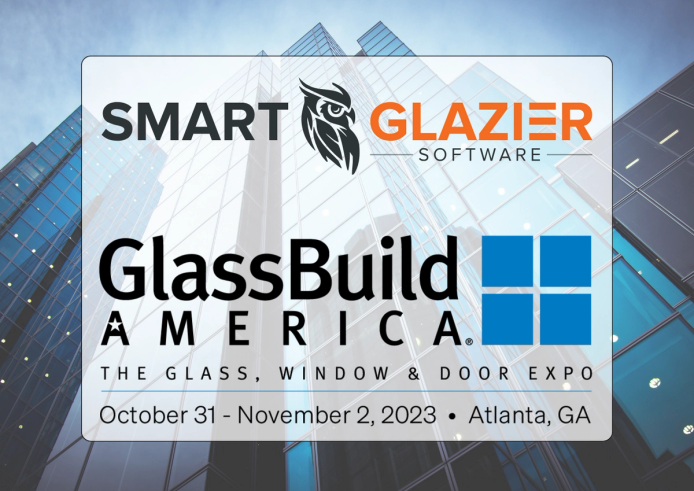Facebook advertising: Is it worth it and how can you use it in your glazing business?
14 March 2018
Facebook advertising: Is it worth it and how can you use it in your glazing business?
Facebook is everywhere it seems. They have over 2 billion users worldwide and over 65 million businesses have a company Facebook Page. Given how wide their reach is, we thought it’d be a good idea to dig into Facebook Ads – the advertising system Facebook uses and offers to businesses to target Facebook users.
Why Facebook Ads and not Google AdWords? When it comes to Google AdWords we’d highly recommend utilizing the skills of a consultant as it’s a minefield and can get expensive quickly. That being said, it’s more sophisticated than Facebook’s ad functionality and has a wider reach. You can comfortably get started on Facebook Ads yourself — it’s reasonably straightforward and if you have any doubts, there are plenty of tutorials you can follow (we’ve included some resources at the end).
Let's start off by looking at the differences between Facebook Ads and Facebook's 'boosted posts' functionality.
Facebook Ads
How do they work?
As with Google AdWords, Facebook Ads are "pay per click" (PPC) so you pay each time your ad is clicked. How much you pay (the "cost per click" or CPC) is determined by how competitive it is to get in front the audience you're targeting and the number of people you can reach.
The ads themselves are quite customizable — they can be an image, a video, or a carousel which allows you to showcase multiple products in the same advertisement. To get started, go to facebook.com/ads, create an ad, submit it to the ‘Facebook advert auction’ with your total budget and bid price, and Facebook will determine which ads will be shown to which people based on the information you’ve given them. Your ads may also be displayed on Instagram as Facebook owns both platforms.
How much does it cost?
You set the budget, either how much you want to spend daily (the minimum is between $1 to $5 USD, depending on the ad) or how much you want to spend over the entire campaign.
As mentioned above, the bid per ad is determined by Facebook's algorithm so it's worth starting low, monitoring the kind of reach you're getting, then increasing your budget if needed.
Ways to use it
You can advertise for just about any reason but effective ads are highly measurable, meaning you’ll want to ask people to take some kind of action like asking the user to claim a discount offer.
In an article for Glass Magazine last year, Dustin Anderson from Anderson Glass suggested using Facebook Ads for recruitment. This could work really well – you can target people only in your local area and you can specify other targeting criteria such as age, gender, currently listed occupation etc. 70% of Facebook users log on to the platform daily and 43% log on multiple times per day (Source), so you may find recruiting via Facebook is a faster process than going via a traditional job listing site.
Boosted Posts
How do they work?
Only a small percentage of your followers actually see your content when you post (Facebook is tricky like that!) so a boosted post is going to give your content better visibility with your own followers as well as potential new followers.
To boost a post, create a normal Facebook post, publish it, and look out for the blue ‘Boost Post’ option.
You can build a targeted audience based on things like location, interests and age or opt to target people who already like your page and their connections. Then simply set your budget and how long you want the post to be boosted for. Facebook will you give you an estimated number of people reached based on the parameters you've set, you can increase this by upping the budget or changing your audience targeting criteria.
Note: you'll need to be using a Facebook Page not a personal profile, this feature is only available on business pages.
How much does it cost?
You set the total amount you'd like to spend but it must be at least $1 USD per day.
Ways to use it
Boost posts that are informational, for example if you’re attending an event that you suspect a lot of your followers will be at, you may want to boost a Facebook post telling them you’ll be there and where they can find you.
Another way to use it is to showcase a recent piece of work you’ve done that you think your followers will engage with (by liking, commenting etc). It will get your work in front of more people without asking your audience to do anything or commit to taking an action (like getting in touch with you for example).
Boosted posts are a good way to get people to engage with your page but aren’t necessarily the best route to go down if you want them to take a specific action. If your goal is to get them to pick up the phone or take up an offer, you’re better off running an ad campaign.
What’s the difference?
Using the ‘ads’ functionality as opposed to the ‘boosted posts’ functionality will give you more control over how your content displays in the news feed, who sees that content (greater range of targeting options) and better engagement tracking to see how well your ad has performed. That being said, they’re also more complicated to set up as there are more options to choose from.
Chances are a mixture of both will serve your business well. Test out using boosted posts to promote content you’re particularly excited about and want people to see without taking action, then test out using a Facebook ad to try encourage people to take action and monitor the results.
Is it worth it?
When you think about how much our lives we share on Facebook and the amount of content we engage with on the platform, it's not surprising that Facebook has a fairly sophisticated algorithm when it comes to getting ads in front of the right people. The average conversion rate for Facebook ads across all industries is 9.21% — they're definitely ahead of other social networking platforms when it comes to engagement for paid advertising so don't write them off.
Whether or not paid online advertising fits into your marketing plan and how best to utilize it is up will depend on your unique glazing business, but advertising on Facebook is worth investigating.
Resources
Forbes have a great round up if you’re thinking of getting started with Facebook ads:
Related Blogs
26 January 2024
Why Fabricators need a Glass E-commerce Platform
Going digital isn't just a tech trend—it's a game-changer and could be for your business as well. Let's dive into why introducing an E-commerce portal is a smart move for your glass fabrication business by considering the pros & cons and how Smart Glazier Software can help navigate you into the digital age.
28 October 2023
Smart Glazier Software set to shine at GlassBuild 2023
2023 has been a huge year for us here at Smart Glazier Software, and we're excited to head into GlassBuild America this year and take part in the most significant event in the Glass Industry across the Western Hemisphere.
05 October 2023
Our Transformation: Becoming Smart Glazier Software
On August 1, 2023, a significant transformation took place as Smart-Builder evolved into Smart Glazier Software. Dive into our blog to discover the motivations behind this rebrand and the implications it holds for our organization.



